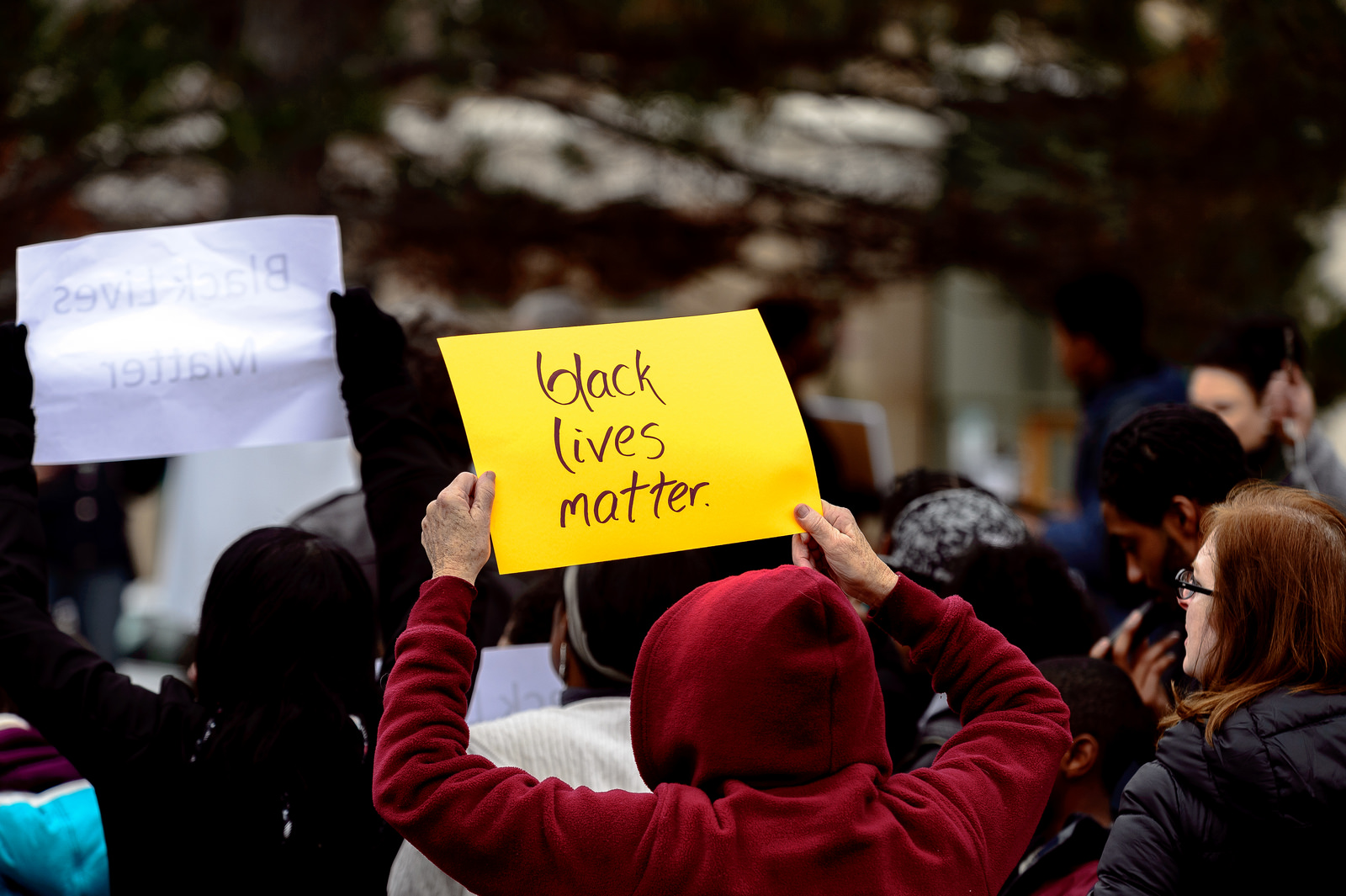Like this article? rabble is reader-supported journalism. Chip in to keep stories like these coming.
This past week, Toronto Police were disinvited from the city’s Pride parade after a brave action from Black Lives Matter; Sheila Fraser was appointed special adviser to address widespread and systemic sexual harassment in the RCMP; and American cops were caught on video executing two Black men — the latest in an endless index of lives lost by a ruthless organization incredulously referred to as our nations’ “finest.”
If the police were a foreign state, we would have invaded and removed its regime. If it were a workplace, we would have busted the union and closed it down. How many Black people need to be murdered, how many Indigenous women need to disappear, how many female cops need to come forward with accusations of endless abuse before we start referring to decent cops as “one good apple”?
I say this as a white man who has never had my life threatened by the police, as a middle-class person who relies on them mostly to protect my private property and as a Canadian citizen who depends on them to patrol the boundaries of my state and preserve my nation’s wealth from scroungers and miscreants.
It is impossible to overstate how dysfunctional our police forces are — even before we add the charge of murderous. Police spending in Vancouver — one-fifth of the entire budget — has been the only municipal core service to see its funding increase every year since 2008. The Toronto Police Department saw its budget pass the $1 billion mark last year and no one seems able to even suggest it might be time to rein it in. Meanwhile, crime rates languish at historic lows.
Rape arrests and conviction rates are a national shame. It should come as no surprise. A class action in which at least 380 women have alleged systemic workplace sexual harassment while working as RCMP officers sought certification last spring. The lead attorney, Sandy Zeitzeff, expects the number of plaintiffs to grow to 1,500. The RCMP tried to fire at least two of the women named in the class action.
The epidemic of murdered and missing Indigenous women and girls continues to disgrace an entire country and our Boys in Blue have shown little interest or aptitude to stop it. Aboriginal people are disproportionately incarcerated for minor crimes and the racist practice of carding continues to be defended by Toronto police and its allies.
With this kind of calamity passing for a public service, why aren’t we asking law enforcement to stand up and defend its existence? It’s a question worth asking: what is a police force good for?
The answer is elusive. David Graeber wrote last year that only 10 per cent of the average American police officer’s day is spent pursuing criminal matters “of any kind.” The rest is annoyance: ticketing, infractions, bureaucracy, regulations. “The police,” he writes, “are essentially just bureaucrats with weapons.”
Between 2008 and 2012, the VPD issued 1,448 bylaw infraction tickets in Vancouver’s Downtown Eastside, one of the poorest neighbourhoods in Canada, the majority against street vendors. The rest of the city saw just 76, combined, over the same period. One homeless man in Montréal was ticketed over 500 times and accrued a bill of $110,000.
Transit police in Vancouver — the only armed transit cops in the country — apprehended Lucia Vega Jimenez in 2013 for riding the SkyTrain without a ticket and turned her over to the CBSA for deportation. She hanged herself in her cell a few days later. Medical marijuana shops across the country — in the face of the Trudeau government’s promises to legalize the stuff — continue to get raided and shuttered by law enforcement with other ideas.
In his blistering essay in The Nation last year, Mychal Denzel Smith called to abolish the police. It’s an audacious demand to say the least, and one that doubtless invites bafflement, if not hostility. But it is not naive.
When I say, “abolish the police,” I’m usually asked what I would have us replace them with. My answer is always full social, economic, and political equality, but that’s not what’s actually being asked. What people mean is “who is going to protect us?” Who protects us now?
Who indeed. And the answer to that question — if you are Black, Trans, homeless, Indigenous, disabled, female or otherwise vulnerable — rarely wears a uniform.
And while “full social, economic and political equality” would be nice, I’m not sure we have to wait that long. The fact is that most of our communities already function and flourish without police. Most social interactions do not require surveillance and intervention by armed guards of the state. What do police add to these existing relationships of compromise and negotiation?
And besides: it’s been done. Restorative justice models and “no-exit” cultures provide social alternatives to criminalizing and incarcerating difference backed by state-sanctioned violence. The Paris Commune of 1871 stripped the existing police prefecture of its political attributes and turned it into an “agent of the commune,” paid at a labourer’s wage and rendered its privileges revocable at any time. Compare this with the six-figure salaries and latitude to murder Black boys in the street many current officers enjoy.
So why do we need cops? It’s a provocative question, without a doubt — but the lies we are told about the threat of racialized and colonized bodies are equaled only by the lies we are told about the virtuous and noble role of the police.
If it’s a question you can’t answer easily and convincingly, abolishing the police is a solution we need to start taking seriously.
Like this article? rabble is reader-supported journalism. Chip in to keep stories like these coming.
Image: Flickr/niXerKG



